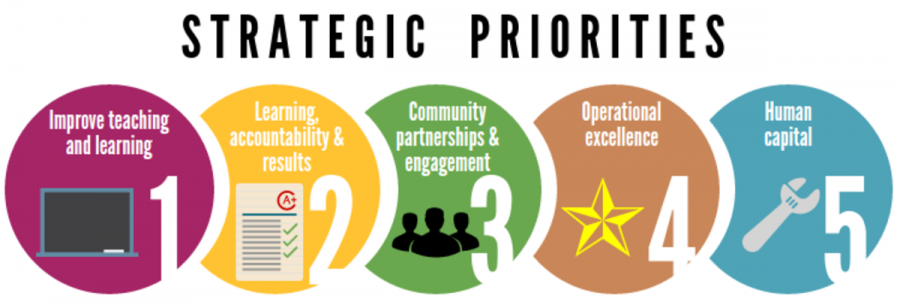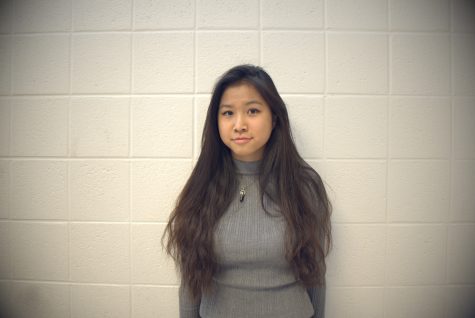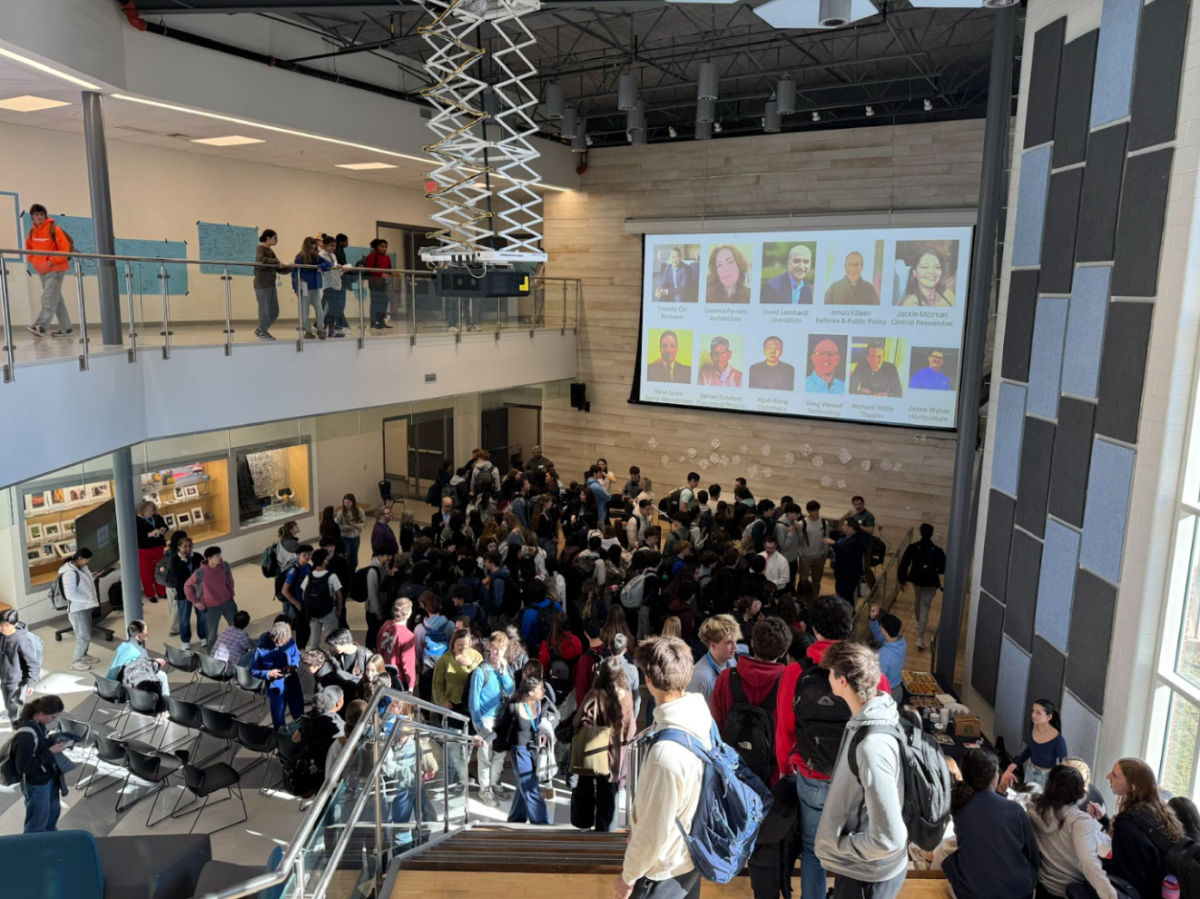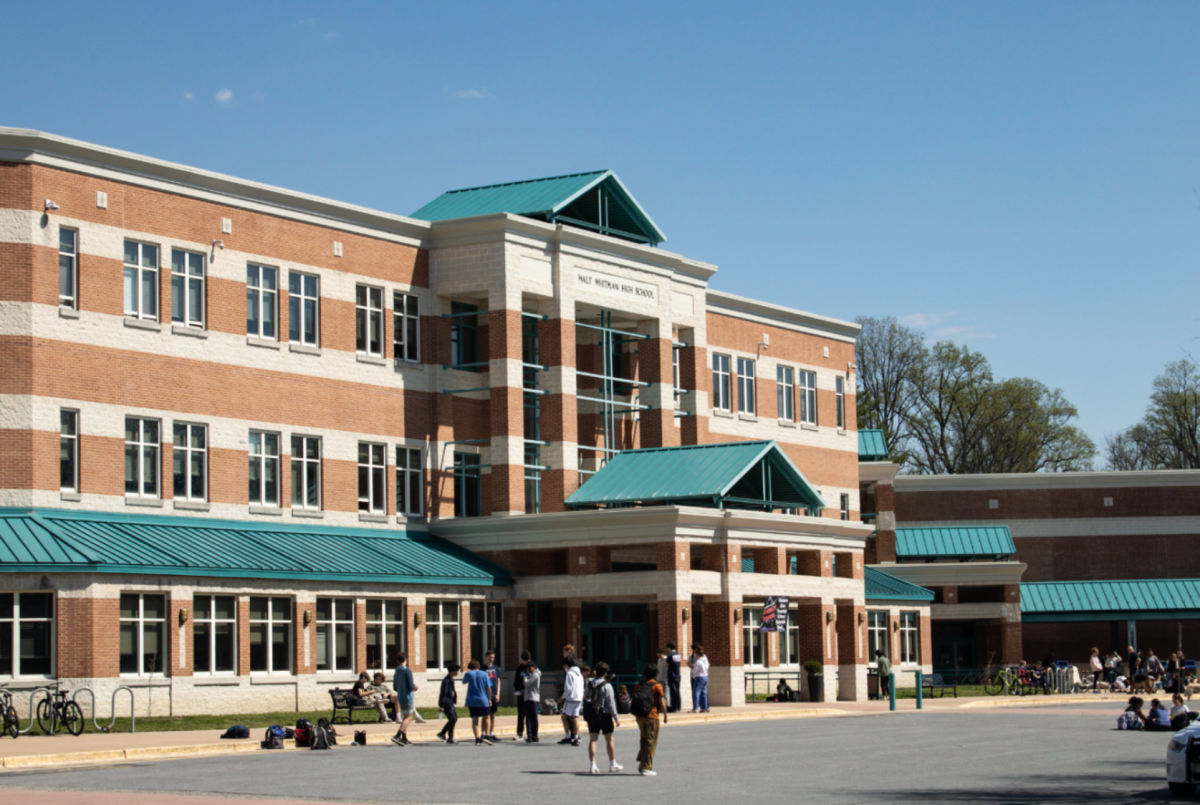Superintendent proposes 2017-18 school year budget aimed at promoting equity
January 12, 2017
MCPS community members joined superintendent Jack Smith to discuss his current budget proposal for the 2017-18 school year Dec. 13 at Gaithersburg High School. To fund the growing student body population, Smith proposed a $2.5 billion budget, a 2.5 percent increase from last year.
Some of Smith’s main points included granting assessment opportunities to students in need, providing comprehensive teacher training and expanding achievement-focused extracurriculars.
“I think it’s good that he’s recognizing different extracurriculars and funding STEM activities like robotics,” freshman Ben Lorence said.
For students who aren’t necessarily heading to college after high school, Smith set aside $1.2 million for alternative post-graduation paths, which include apprenticeship programs.
PTSA cluster coordinator Elise Brown Hughes said she wants to see a greater emphasis on reducing class sizes, but the new funding for apprenticeship programs is still positive.
“When I was in high school, there were many opportunities for students to learn technical and career skills—everything from typing and fashion merchandising to auto mechanics and carpentry,” she said. “Now MCPS students have to apply to Edison and travel to Wheaton for at least part of their day in order to gain this kind of knowledge.”
Principal Alan Goodwin supports Smith’s resolution to continue minimizing class sizes, but some of his other points raised concerns, he said.
To address the projected 2017-18 county enrollment growth of nearly 3,600 students, Smith is making about 226 new hires in teaching and special education. However, these new positions would eliminate jobs in central services and other areas.
“Many technicians are going to have their jobs eliminated,” Goodwin said. “How will schools get the service they need when the time comes to address computer and technology issues?”
Whitman PTSA cluster representative Yvonne Van Lowe said some literacy coach positions, reading instructors who aid in teaching children K-12 to read, will be cut, which may negatively impact early elementary students in learning foundational reading skills.
Smith also wants to offer the first SAT or ACT a student takes for free, he said. Offering the SAT, ACT or career certification tests to each student would cost about $500,000 per year, Smith estimated.
“Not having to pay for the first SAT would be great especially for students in need,” sophomore Jacqueline Lydon said.
Public education made it possible for me to stand here
— Superintendent Jack SmithSmith also requested funding for six new “equal opportunity schools,” where students can access AP and IB courses even if they’ve struggled academically.
“There are a whole lot of adults out there who are doing just fine who didn’t get straight As and didn’t do every assignment,” Smith said. “So what can we do in school to say, ‘Let us help you. You have tremendous potential in this area. How can we support you?’”
However, Van Lowe pointed out that even though all schools need adequate staffing, sometimes more funding is given to schools of higher priority, such as Title I schools which have high percentages of students from low-income families. Every school in the Whitman cluster is considered a non-focus school because the majority of students do not qualify for free or reduced meals.
“As such, our schools tend not to get the additional staffing that is assigned to the focus or Title I schools,” she said. “Irrespective of whether or not the school is a Title I school or a focus school, all students deserve the same level of support to ensure academic excellence.”
The school board must adopt some version of the superintendent’s budget by Feb. 14. The final approval by the County Council will be held June 13.
Smith urged the board to aim for reaching 100 percent of students, as he was speaking from his own experience, he said.
“Public education made it possible for me to stand here, and my two sons were given amazing opportunities because of people like you,” Smith said. “So discussing the education system isn’t just my job; it’s personal.”










